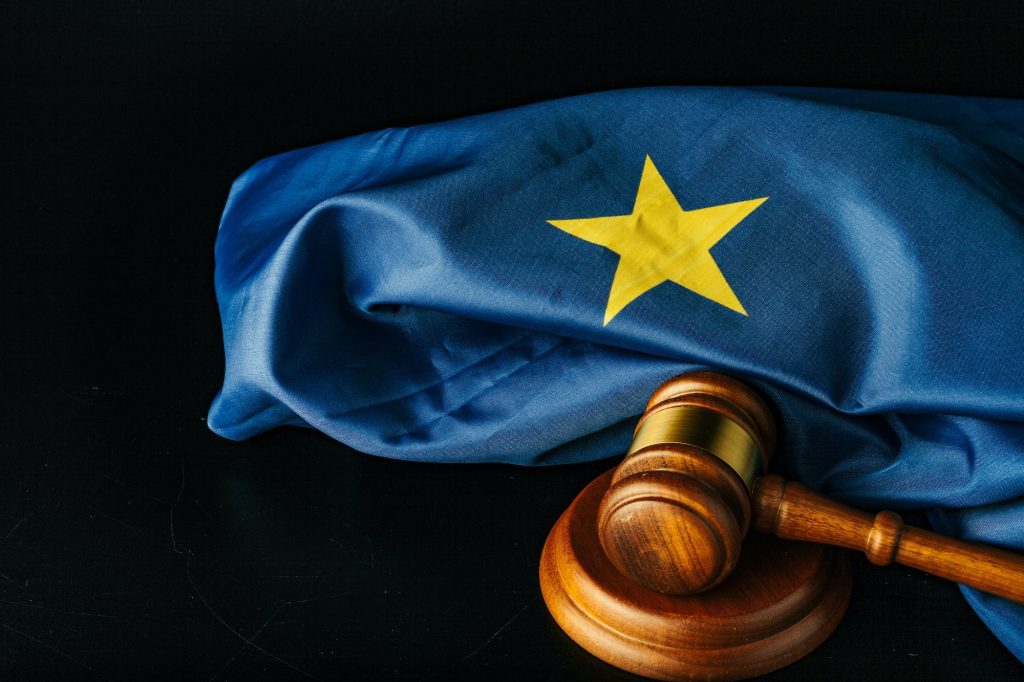Advocate General of CJEU upholds retention of civil identity data in copyright infringement cases
Advocate General Szpunar’s recent opinion on personal data and copyright infringement (Case C-470/21) supports retaining civil identity data linked to IP addresses when essential for identifying online copyright violators. This opinion addresses France’s graduated response system, emphasizing the need for a balanced approach.

Court of Justice of the EU (CJEU) Advocate General Szpunar delivered his opinion in Case C-470/21, focusing on personal data and countering copyright violations, stating that it should be permissible to retain and access civil identity data tied to IP addresses when it is the sole method for identifying internet-based copyright infringement culprits. The opinion centers on the specific context of France’s graduated response mechanism, implemented by the Haute Autorité pour la diffusion des œuvres et la protection des droits sur internet (Hadopi), to uphold copyright safeguards.
Hadopi issues warnings to internet users suspected of copyright infringement within this framework. If these warnings are disregarded, it can refer the case for potential criminal proceedings, relying on the identification of the infringing party. To facilitate this, a decree from 2010 allows Hadopi to request civil identity data from electronic communications providers associated with particular IP addresses.
Advocate General Szpunar contends that the EU law does not proscribe the retention and accessibility of such data, as they do not divulge intricate personal information about individuals. Instead, they are deemed indispensable for pinpointing suspects of copyright infringement within a particular context. Szpunar underscores that this standpoint represents a practical evolution of existing legal precedent, aiming to achieve interests and prevent impunity for preventing transgressions.
Why does it matter?
This highlights the ongoing tension between the need to protect personal data privacy and the necessity of enforcing copyright laws, especially in the digital age. Balancing these interests is crucial for crafting effective and fair legal frameworks. Accessing civil identity data linked to IP addresses is vital for authorities to combat copyright infringement effectively. The opinion could impact the tools available to tackle online piracy. It is essential to recognize that the Advocate General’s opinion is non-binding, and the Court of Justice will independently deliberate on the matter before rendering a verdict.
